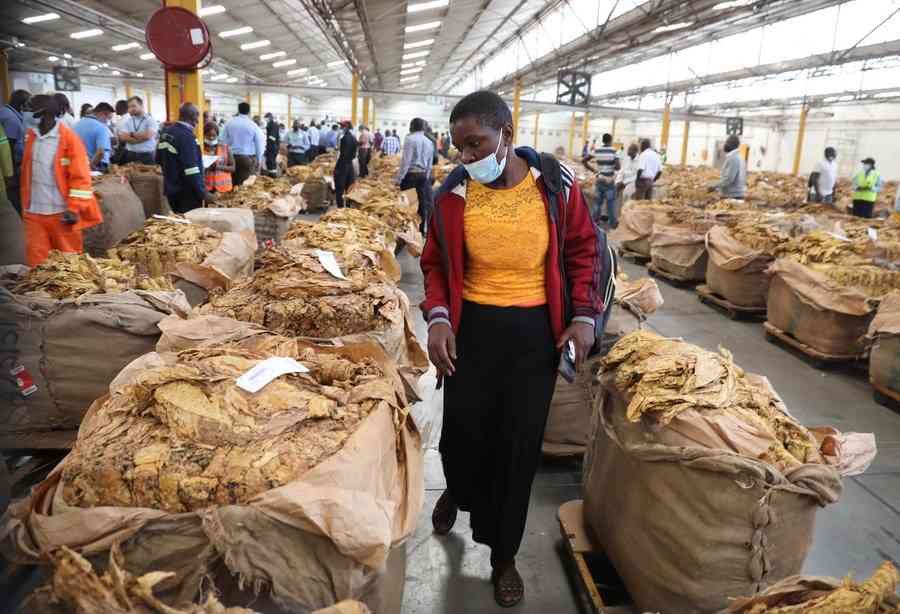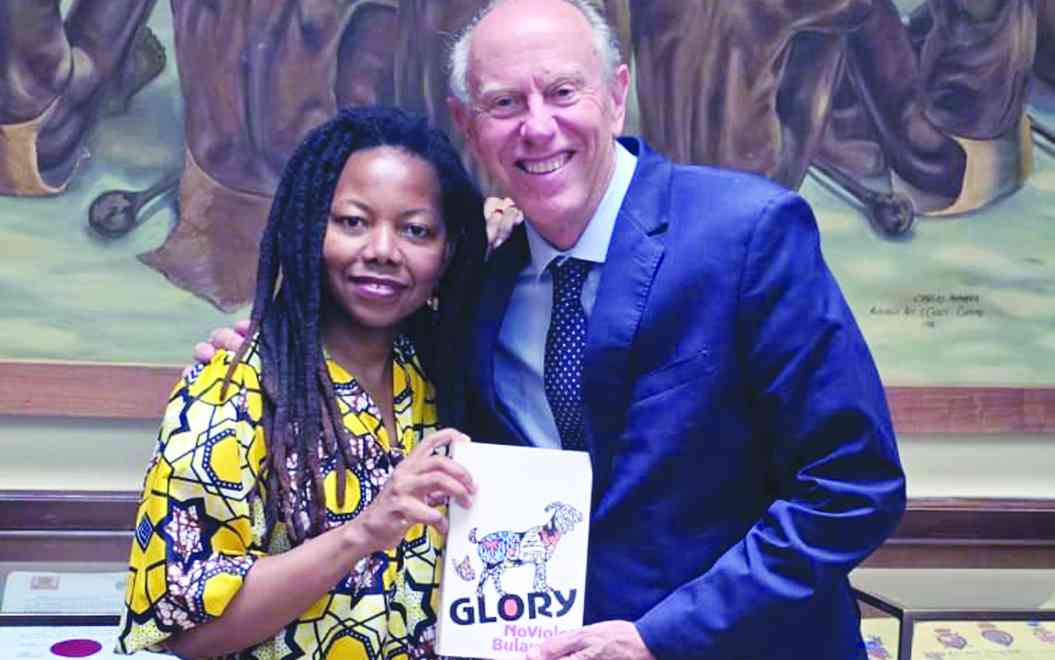
ROOM falls silent as Faith Zaba, Blessed Mhlanga and Bheki Makhubu share harrowing stories of what media activists have described as persecution in defence of press freedom.
The room fell into a heavy, almost sacred silence, the kind that speaks of shared pain and unspoken strength.
Faces were tense, eyes glistening as Zaba, Mhlanga and Makhubu, who spent 447 days behind bars in Eswatini (formerly Swaziland), recounted their ordeals.
Zaba, the Zimbabwe Independent editor, sat between Mhlanga, solemn in his prison garb and Makhubu, composed but visibly scarred by his experience.
All three had paid the ultimate price for doing their jobs, for the simple, dangerous act of practising journalism.
Zaba’s voice, filled with raw emotion, carried the weight of her experience as she described the moment her life was upended after her newspaper published a satirical piece critical of authorities.
Confronted with the grim prospect of detention, she described how thoughts of survival flooded her mind. This period, she said, became a moment of deep reflection on the sacrifices inherent in speaking truth to power.
Zaba shared her experience at the Southern Africa Media Summit this week, themed: Strengthening Independent Journalism for Democracy and Nation Building, organised by Heart and Soul Broadcasting Services.
- Zimind editor scoops global award
- In honour of Abigail Gamanya
- Media freedom is sacrosanct to our young democracy
- ‘Shrinking democratic space affecting media in region’
Keep Reading
“What made it harder was that I was very ill at the time. After several calls and some pleading on health grounds, the police finally informed me that I was under arrest,” she said.
“Those words hit me like a hammer. My first thought was: Will I make it through the night? I should have been in a hospital bed, not in a police cell. To tell you the truth, there were moments I felt I would not come out alive because I was that sick.”
Zaba recounted that the incident occurred during the coldest week of the year.
“As we walked to the cells, I felt as if I was floating. I had written several stories about the filthy state of police cells, but never did I imagine I would find myself there,” she said.
“I will never forget the thick, suffocating stench. That is when I knew I had to prepare myself mentally for what was to come. I told myself, ‘Faith, you know tomorrow you are not going home after court, you are definitely going to Chikurubi prison; you have to be strong, you have been through a lot in life but those things did not break you. Do not let them break you. You can face anything’.”
She shared that her family felt the weight of the ordeal acutely, but their unwavering support provided the courage she needed.
“It was very hard on them. Naturally, they were worried, at times fearful, but they stood by me with incredible strength and understanding. It reminded me that when a journalist is under pressure, it is never an individual experience,” Zaba said, as she revealed that the impact on her mental health was severe and had to seek psychological help.
“It affects families, children and loved ones too. Their support gave me the courage to stay grounded and focused. It also deepened my appreciation for the sacrifices that families of journalists make in defence of press freedom.
“Behind every courageous journalist, there’s usually a family quietly carrying that burden with grace and faith. I only shed tears when I was granted bail.”
She urged fellow reporters not to be dominated by fear, but to stand firm in their pursuit of truth.
“Many of my mentees under the Friedrich Naumann Foundation Womentorship Programme reached out when this happened, some were frightened, others angry or confused.
“A few even wanted to abandon their investigative or political stories and also careers. I understood their fear, but I told them that journalism has never been an easy profession, especially for women,” Zaba said.
“I encouraged them not to let fear win. Moments like these should not break our spirit, they should remind us why we do what we do: to tell the truth, to hold power to account and to serve the public. I urged them to remain ethical, to seek solidarity and to draw strength from one another.”
Other speakers echoed these sentiments.
Alpha Media Holdings head of broadcasting, Mhlanga, who spent 73 days behind bars, affirmed his resolve.
“If I have suffered this much, why should I stop? My fight is for the younger generation, for their right to express themselves and shape a better future,” he said, as spoke of the impact the arrest had on his children and mental health.
“I wear my prison clothes as a sign that I am free, but I am not truly free.”
Makhubu, the publisher and editor for The Nation Magazine, a monthly periodical that writes on Eswatini’s socio-economic issues, explained that such traumatic experiences often deepen one’s resolve to fight for freedom of expression.











